India
BBC’s office in New Delhi Indian authorities raided by Modi documentary
Published
1 year agoon

Police officers stand outside the BBC’s office in New Delhi, India on February 14, 2023
New Delhi :- On Tuesday, Indian tax authorities raided the BBC’s offices in New Delhi and Mumbai, just weeks after the country banned a BBC documentary critical of Prime Minister Narendra Modi’s alleged role in deadly riots more than 20 years ago.People were not allowed to enter or leave the offices, according to BBC News.
The raids follow the Indian government’s announcement that it used “emergency powers” to prevent the documentary from airing in the country, adding that both YouTube and Twitter complied with the order.The decision sparked a polarised reaction in the world’s largest democracy. Critics condemned it as an attack on press freedom, while Modi’s supporters rushed to his defence.
According to a BBC spokesperson, the organisation is “fully cooperating” with authorities. “We hope to resolve this situation as soon as possible,” said the spokesperson.The two-part documentary “India: The Modi Question” criticised Gujarat’s then-chief minister in 2002, when riots erupted between the state’s majority Hindus and minority Muslims.
Read Also: New expressway link to Jaipur opens today
According to government figures, more than 1,000 people, mostly Muslims, were killed in the violence, and at least 220 more went missing. According to official figures, nearly 1,000 women were widowed, and more than 600 children were orphaned.
Modi and his ruling Bharatiya Janata Party came to power in India in 2014, riding a wave of Hindu nationalism in the country of 1.3 billion people, where the faith is practised by nearly 80% of the population.
According to the BBC, Jack Straw, who was British Foreign Secretary in 2002 and appears in the documentary, Modi “played a proactive role in pulling back the police and in tacitly encouraging Hindu extremists.”Modi has denied allegations that he failed to put an end to the violence. In 2012, India’s Supreme Court appointed a special investigation team, which found no evidence that he was to blame.
However, the riots remain one of India’s darkest chapters in post-independence history, with some victims still waiting for justice.Last month, police detained some university students in Delhi who attempted to watch the banned film on campus, raising concerns that freedoms are being curtailed under Modi’s administration.
Censorship fears
At a news conference on Tuesday, BJP spokesperson Gaurav Bhatia stated that businesses, including media outlets, must “follow and respect Indian law.”
“Anyone, any agency, whether tied to the media, a company, if they are working in India, they must follow and respect Indian law. Why should they be scared or worried if they follow the law? “Leave it to the Income Department,” he said.According to Bhatia, India is a country that “gives an opportunity to every organisation” as long as they are “willing to abide” by the country’s constitution.
In India, the raids have raised concerns about censorship.
The Editors Guild of India expressed “deep concern” about the development in a statement issued Tuesday.
The raids were a “continuation of a trend of using government agencies to intimidate and harass press organisations critical of government policies or the ruling establishment,” according to the report. “This is a dangerous trend that threatens constitutional democracy.”
Similar searches were conducted at the offices of various English-language local media outlets, including NewsClick and Newslaundry, as well as Hindi-language media organisations, including Dainik Bhaskar and Bharat Samachar, according to the statement.
“The Guild demands that all such investigations be conducted with great care and sensitivity so as not to jeopardise the rights of journalists and media organisations,” it said.
What is in the BBC documentary on Modi?
Which of this documentary was banned by the government?
What is BBC News stand for?
The BBC is established by Royal Charter as the British Broadcasting Corporation. Sir John Reith becomes the first Director-General. The Charter defined the BBC’s objectives, powers and obligations.
What is the full form of BBC in India?
You may like
-
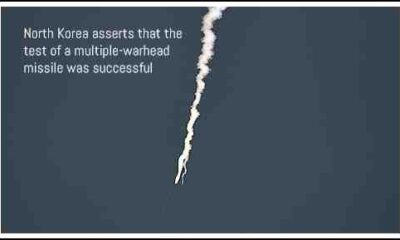

North Korea asserts that the test of a multiple-warhead missile was successful
-
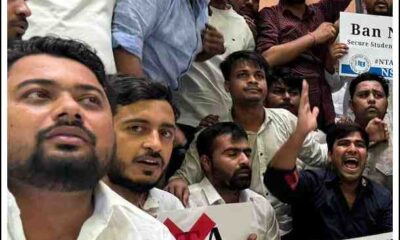

The Student Wing of Congress storms the Exam Body NTA office and locks it from within
-
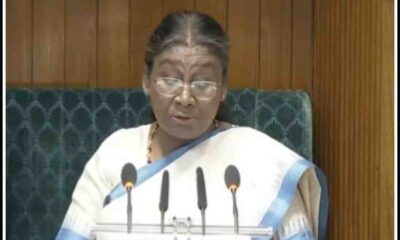

“During President Murmu’s address to Parliament, PM Modi was shown 73 times, and LoP Rahul Gandhi was shown six times”: Congress
-
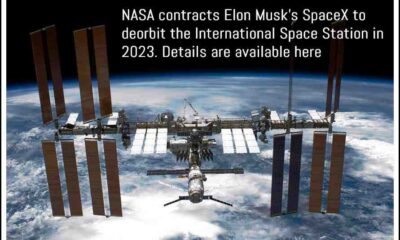

NASA contracts Elon Musk’s SpaceX to deorbit the International Space Station in 2023.
-
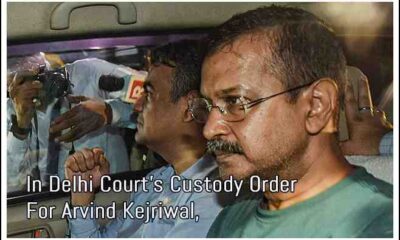

A Caution For The CBI In The Delhi Court’s Arvind Kejriwal Custody Order
-
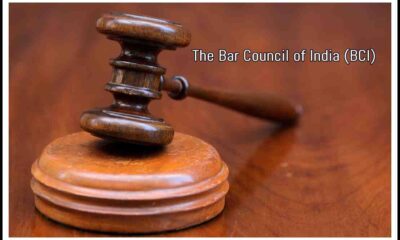

Bar Council of India requests that bar associations abstain from demonstrating in opposition to new criminal laws

